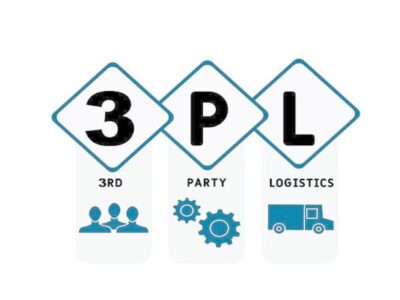Chronic pain can cause immense strain on a person, not only physically, but mentally as well.
It can be particularly difficult as chronic pain is often described as an ‘invisible illness’, to which outsiders can be unaware of. This can make it harder for people with chronic pain to seek support from others, as it may not be outwardly obvious to them.
What defines chronic pain?
Chronic pain refers to persistent pain that lasts longer than six months or more. It impacts a person’s ability to perform their daily activities, and may impact their ability to work.
Chronic pain is an umbrella term for a number of conditions which cause chronic pain as a main symptom.
What causes chronic pain?
Chronic pain does not always have a definitive cause. For some, it is a symptom of a long-lasting condition such as arthritis or cancer.
For others, chronic pain is caused by an injury or onset of an illness — which causes changes to a person’s body which can make it more sensitive to pain. These changes can remain in one’s body even after they have healed from the injury or illness.
Injuries such as a sprain, a broken bone or fracture, or an infection can leave a person with chronic pain, even after they have ‘healed’ from that injury.
Additionally, chronic pain can be caused by psychological factors such as stress, anxiety and depression — this type of pain is called ‘psychogenic pain’.
In chronic pain, it can be common for each of these causes to overlap, contributing to the overall chronic pain which may affect different parts of the body.
How is chronic pain usually treated?
Chronic pain can be managed with prescription or over the counter medicine, physical therapy, and surgery if required. Often these treatments need to be combined with psychological techniques to build resilience and cope with feelings of depression and anxiety related to their chronic pain.
Actionable steps to cope with chronic pain
Stress management

Higher stress levels in the body spike a person’s cortisol levels, and they may experience tense muscles, gut and digestion issues and lower immunity. In turn, this can amplify chronic pain as the body is not performing optimally to cope with this chronic pain.
In order to reduce stress levels, a person should try and incorporate stress management techniques into their lifestyle.
These may include:
- Meditation and breathing exercises
- Reading for leisure — especially books on pain management and self help strategies
- Practicing yoga (if able)
Positive thinking

A person’s outlook has a huge impact on mental health. Although it can be difficult remaining positive when suffering from chronic pain, it is important that one tries to by incorporating self care strategies.
Some actionable tips to maintaining a positive mindset include:
- Practicing gratitude — assessing things in one’s life they are grateful for. This may be family, friends, a career, pets etc.
- Building resilience
- Finding hobbies one enjoys — and allocating time for them regularly
- Treating oneself to rewards
- Surrounding oneself with positive support systems.
Engage in exercise

Exercise certainly isn’t easy for someone suffering chronic pain — however, it is always beneficial to get one’s body moving. Exercise is key for strength building, maintaining healthy joints, improving circulation and has positive psychological impacts through endorphin release.
A person with chronic pain should engage in an appropriate level of exercise which won’t flare up their pain symptoms too much. It is important for them to pace themselves and complete exercise in short bursts. Often a gentle walk is more than enough exercise for the day for a chronic pain sufferer.
Adopting a healthy diet

This is a fairly obvious point, but diet has huge impacts on health and on how a person feels overall. A healthy diet which is rich in fresh fruit and vegetables, high in fibre and contains enough protein is key for healthy functioning of all systems in the body.
Some other diet related pointers are:
- Reduce caffeine and alcohol intake
- Reduce refined sugar intake
- Taking a probiotic daily to help maintain gut health
- Reducing food and drinks which cause inflammation in the body
Utilise support systems

Maintaining good connections with friends and family is incredibly important, as it can detract focus on pain symptoms. In general, having good support around you is helpful for maintaining a more positive outlook and contributes to good mental health.
A great coping strategy is simply talking to others you trust about your experience, as it can reduce you internalising negative emotions surrounding chronic pain.
Reach out to a professional
There is absolutely no no shame in seeking professional support if you are struggling with your chronic pain. Not only can you learn strategies on how to cope, you can put in place an actionable plan to reduce and manage your chronic pain symptoms. You can consult a GP, a specialised pain management physician, or a psychologist for mental health support.
Another option is to utilise reputable disability services, to connect you to supports that can help you with your day-to-day activities. If you are receiving NDIS funding, you can engage a NDIS support coordinator to help optimise your NDIS plan and receive services and supports which will best help you manage your chronic pain.











Comments